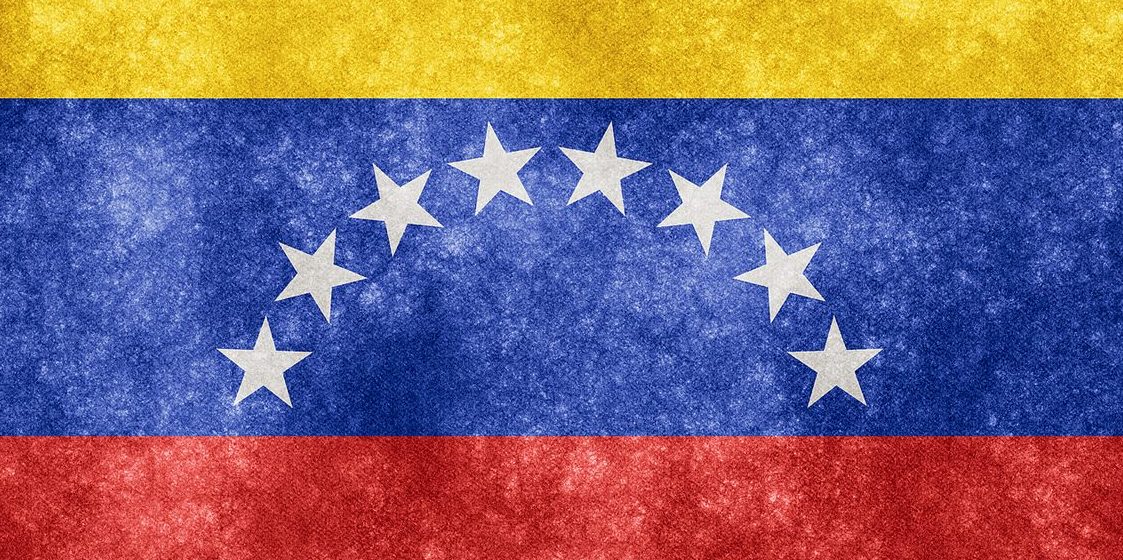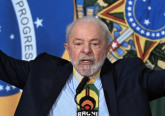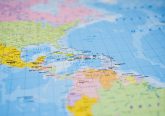On May 20th, Venezuelans are supposed to vote in a presidential election to decide over the fate of their crisis and conflict ridden country. Despite being nominally given the opportunity to choose, the way the Maduro government has set up the electoral process, committed fraud, repressed the opposition and systematically undermined the process of free and fair elections over the past years, all but guarantees authoritarian durability. This article addresses why a) a highly unpopular incumbent is likely to hold onto power, b) the opposition is justified in their decision to boycott the elections and c) how Venezuela might transition to democracy.
Venezuela has transitioned from a weak democracy in 1998 to a failing dictatorship in 2018. Over the past two decades, the government has proceeded to take over control of all state institutions and resources to maintain its hold onto power. It has also deployed these same institutions, including electoral authorities and judiciaries, to weaken and disqualify the opposition.
Despite some mistakes of its own making during the first six years of Chavismo, for instance the coup d’état and the general strike in 2002 and the boycott of the parliamentary elections in 2005, the Venezuelan opposition has tried to seek regime change with new strategies, leadership and programs. For example, the creation of the opposition coalition MUD helped opposition parties to regain trust and support from the electorate. Electoral results bear out the opposition’s resurgence despite the obstacles and obstructions created by the governing administration: It won the majority of the popular vote in the 2010 parliamentary elections, narrowed the gap to Chavismo in the 2012 and 2013nd finally won a supermajority in the parliament in 2015.
Venezuelans have taken to the streets in opposition to the government in recent years. In 2016 and 2017, the opposition was able to mobilise millions of citizens demanding free and fair elections, the liberation of political prisoners and the opening of a humanitarian channel for Venezuela. However, the regime responded with progression leaving thousands of citizens detained land over 130 people killed in 2017.
Given that these levels of political conflict and crisis, the international community and the OAS, have become more concerned about Venezuela’s situation. Besides diplomatic pressure, condemnation and sanctions, in late 2017, a number of countries pushed the opposition and the government to sit down at a negotiating table in the Dominican Republic to find a way out of the quagmire that Venezuela has become. While the opposition’s request was simple, inter alia, guaranteed free and fair elections and the liberation of all political prisoners, the government was asking for amnesty and impunity for all the crimes it had committed during the past two decades. Although such concessions were largely agreed on and protections guaranteed, the government shut down the possibility of a pacted transition to democracy. A negotiated settlement between the government and opposition failed.
Instead, President Maduro called for presidential elections to be held on April 22, which were later delayed to May 20th. Emboldened by dissension in the opposition’s ranks and repression of public protests, as well as relying on the control of the media, state institution and other state resources, the government surprised the opposition by announcing a snap election, not giving the opposition candidates or international election observers enough time to prepare and get organized for a free and fair election. In response, the opposition, still represented in the MUD, saw itself forced to boycott the electoral process arguing that it would not legitimize an undemocratic election and the government’s uncontrolled hold onto power. Smaller opposition parties and Lara’s former governor Henri Falcón will still participate in the election. This has caused increased tensions within the opposition camp since it appears that Falcón, former member of the MUD, is breaking their internal agreement. Opposition leaders now imply that Falcón represents a ‘loyal opposition’ who is playing along the authoritarian game.
Scholars of democracy and authoritarianism have already found that unpopular autocrats can remain in power if there is no real alternative and they have rigged the political and electoral system in their favor. Most likely, if the regime does not guarantee a free and fair electoral process, Maduro will remain in power, despite the deep extent of crisis and suffering, shortages and hyperinflation Venezuela is experiencing. Elections that do not allow all candidates to compete on a level playing field are in danger of becoming mere window dressing for authoritarian leaders to remain in power.
Participating in such a staged and controlled performance, rather than representing an actual contest for power, might only serve to legitimate illiberal incumbents. This is why the opposition should not be faulted for its decision to not participate in the upcoming elections. It has fought the electoral fight as long as it could and until it became truly meaningless. No matter what opposition parties and leaders do, the regime will always advance to weaken them and undermine their efforts to change government at the ballot box.
When they played by the rules, and won against the odds, the government simply changed the rules. For instance, on a subnational level, when the opposition has won important governorships, the government has proceeded to strip the governor of its competences. After the opposition won control over parliament, the government created a parallel site of political power in the Constitutional Assembly. Arrests and repression have targeted popular opposition leaders, such as Henrique Capriles or Leopoldo Lopez, to destroy the opposition’s competitiveness. Electoral rules have been changed to disadvantage opposition voters, while blatant vote buying is going on. Cars, refrigerators, washing machines, homes and food have been distributed to buy off voters, while the opposition not even counts on public funds to pay for their headquarters.
How and when will Venezuela transition to democracy? This is a question that analysts and political scientists will not be able to answer for quite a while. Yet, as of now, three things are certain.
First, as long as voting is not free and fair, the opposition cannot compete on a level playing field with the incumbent government, and therefore, sees itself obligated to boycott a sham election that cannot contribute to political change.
Second, Venezuela’s transition is unlikely to be ‘classical’ pacted transition akin to those of Latin America’s military dictatorships. Negotiations between elites, surrender by the military or national and international pressure have not yet pushed the regime to yield power and seem unlikely to do so in the future.
Third, however, autocracies do come to an end. Autocracies, whether personalistic or party-based, do not endure forever, even if they seem highly entrenched and proficient at controlling dissent. For instance, it looked highly implausible that the PRI’s ‘perfect dictatorship’ in Mexico would turn over power after 71 years in office. Similarly, despite his singular importance and power, Robert Mugabe’s catastrophic 40-year rule in Zimbabwe also eventually ended.
It might very well be that Venezuela will not transition on May 20th this year. However, the day will come when Latin America’s most recent dictatorship will fall – that is for sure





